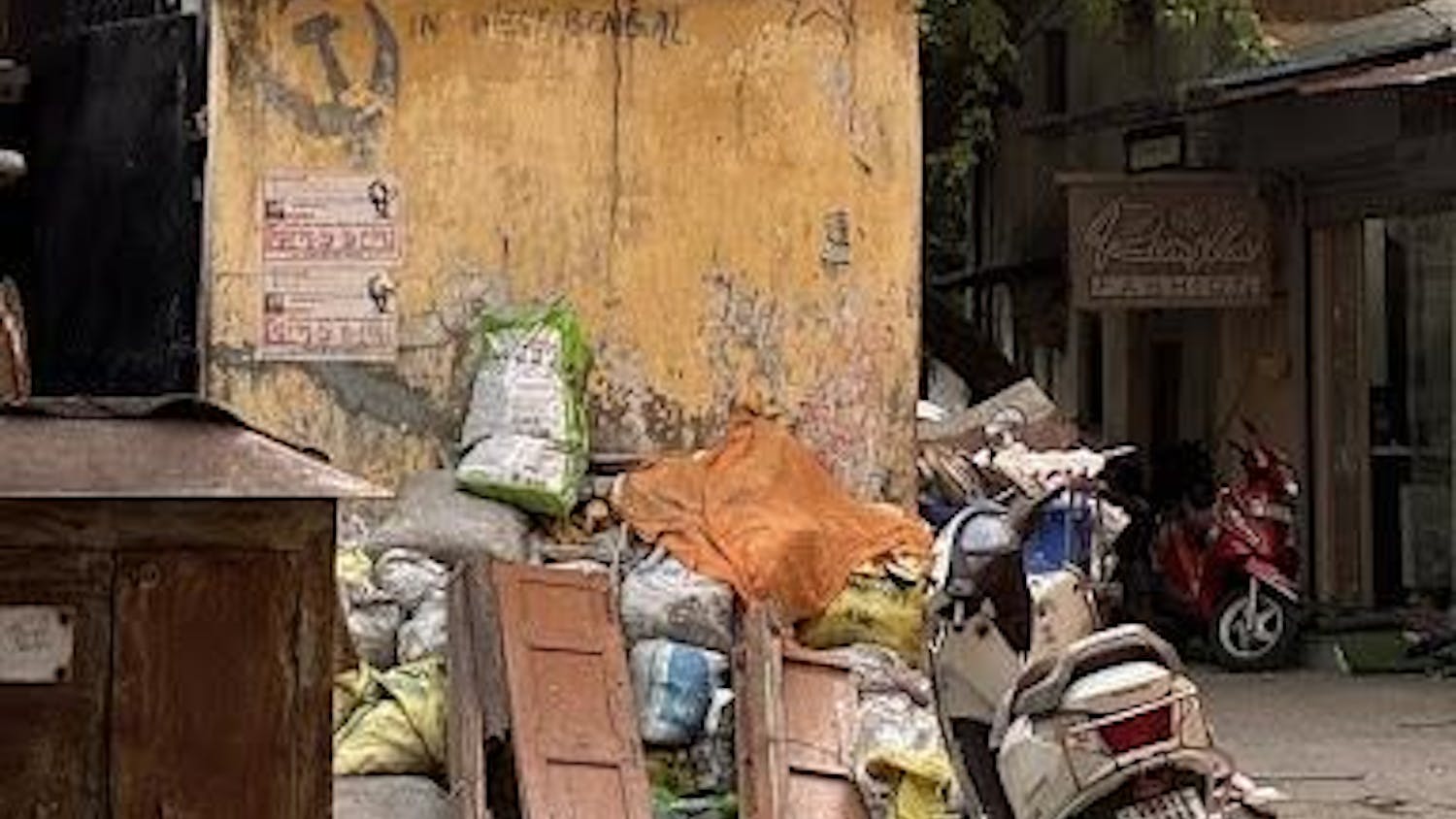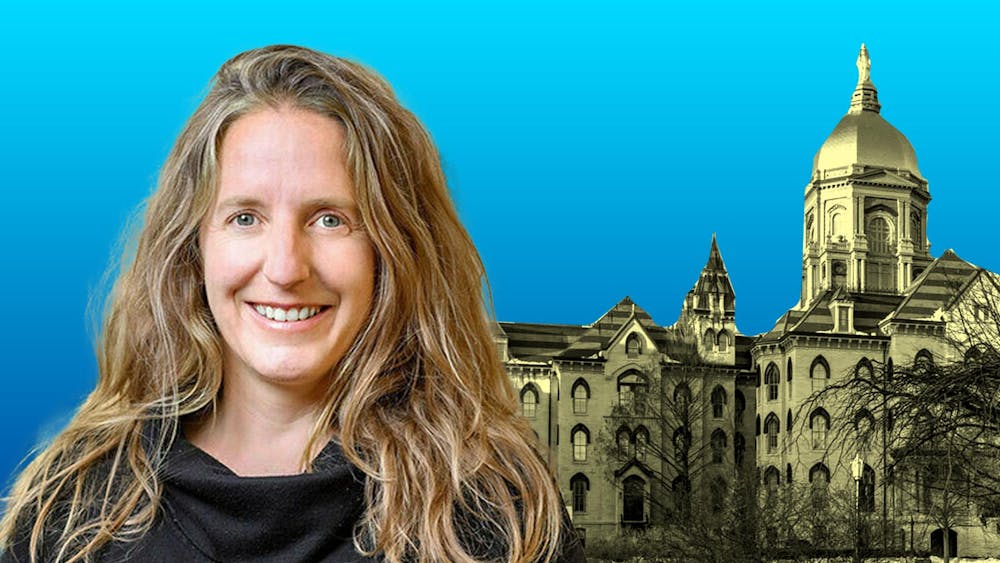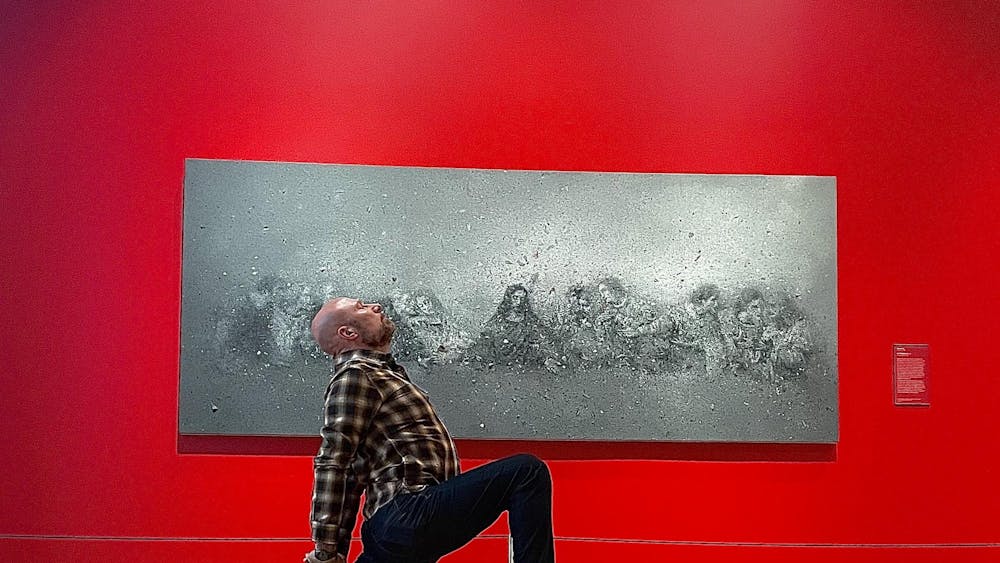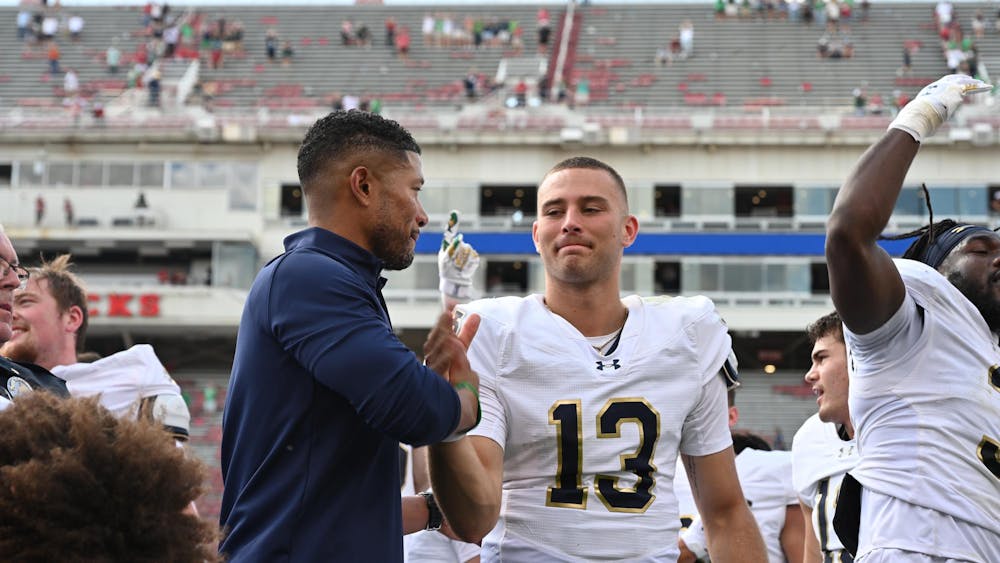I recently attended the United Nations 59th Session of the Commission on the Status of Women. Representatives from around the world discussed the relationship between poverty and the education of women. The Western nations tended to present abstract arguments for “disaggregating data” and the importance of increased access of opportunity to education, political office and economic capital as a means of eradicating the poverty suffered by women in both developed and undeveloped nations. Indeed, access to education seemed to me a valuable means to the empowerment of women until a Nigerian delegate objected that “access to education” does not ensure “quality education.”
Even in America, the value of a high school diploma varies greatly according to the school. In many areas, young people graduate without the knowledge and skills necessary to support themselves and their families. For these people, “access to education” is of little value, and the disconnect between wealthy policymakers and poor communities becomes apparent.
This disconnect contrasts sharply with the tradition of the Church, which for centuries has sent educated men and women to live among, love and educate the poor. According to the New York Times, “The Roman Catholic schools that have been shuttered in impoverished neighborhoods in recent years have produced enough lawyers to staff a white-shoe firm and enough doctors for a top-tier research hospital.” These schools have historically been run by priests and religious who dedicated their entire lives in humble service. They did not provide only access but love and quality education.
Speaking among delegates from the Holy See at the Session, former Mendoza College of Business dean Carolyn Woo discussed the “loving and courageous people who went to the rest of the world to give an education” to her as a child in China. She “learned to read, write and have a voice of my own” from Catholic missionary sisters. Woo, now director of Catholic Relief Services, discussed her organization’s work in empowering local communities through locally-based and long-term education and development. She does this work with the inspiration of the sisters who educated her.
Woo stressed that we cannot know about kindness and the common good “unless we have received it and seen it in action.” She saw and received it from these sisters. The service and example of the sisters both facilitated and provided her education. These empowered women, the educated religious who left their homes to educate girls like Carolyn, instilled within her a longing to serve the Church through excellence and self-sacrifice. And just as the sisters left their homes in response to God’s calling, Woo eventually left her home, Notre Dame, in a remarkable transition from dean of the country’s No. 1 business school to director of a Catholic charitable organization.
In another remarkable move, Woo recently wrote in America magazine that Notre Dame “students cannot serve well what they do not love; they cannot love deeply what they do not know.” She argued, “Theology requirements are analogous to the keystone that holds the academic architectural archway together, not an offering amidst a buffet of dizzying choices to be assembled for the appetite of the day.” Entering into the campus discussion over the core curriculum, Woo wrote quite bluntly: “In all the efforts to define learning goals for a Catholic university, how about ‘to know God’ as a starter?”
Of course, Woo’s challenging question presupposes that theology at Notre Dame is more than simply an academic exercise. But a recent comment by Mark Roche, a member of the curriculum review committee, challenges this presupposition: “A primary task of theology … is to integrate advances in the individual disciplines, and to encourage those disciplines to ask deeper, even ultimate questions.” Roche is right to “explore how the Catholic mission can be enhanced not by thinking about departments alone but by focusing instead on overarching learning goals.” But Roche risks presenting to the curriculum the god of the philosophers, rather than the Christian God. He presents an ephemeral being of integration and philosophical “ultimate questions,” but this god falls quite short from the incarnate God of the Catholic Church.
We need more. Theology, when pursued as an ecclesial discipline, resists the air-headed tendencies of the academic disciplines, concerning itself not merely with philosophical “ultimate questions” but with a very real — even incarnate — God, who places real demands on real people through a real Church. Theology, when driven by an incarnate ecclesiology and wed to the life of the Church, bridges the gap between policy and community, mind and heart. The question, in Notre Dame’s curriculum, cannot only be where we will find academic theology at the end of the curriculum review. It must be where we will find an ecclesial theology and whether we can find it currently.
On poverty and the theology requirement
The views expressed in this column are those of the author and not necessarily those of The Observer.









